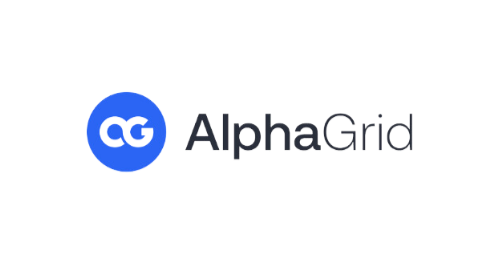Top 3 Tips for Avoiding Unfair Charges while Transporting Containers in the U.S. Ports.
- Austin Kelly

- Apr 19, 2024
- 3 min read

Recently, many foreign suppliers have reported that because of the increased demand during the Black Friday peak period and the congestion at the West Coast Terminal at year-end, U.S. Customs has been carrying out more frequent inspections, leading to the imposition of unjust fees. In response to this, a group of supply chain professionals have compiled a set of useful recommendations to help you steer clear of extra charges on your global transactions and ultimately reduce unnecessary expenses.
Tip 1
Keep a close eye on the Last Free Day
In the event that you or someone you know has ever encountered the unfortunate circumstance of overlooking the Last Free Day (LFD) in the United States and finding yourselves in a frantic rush to settle container and warehouse rent, it can be an overwhelming experience. It becomes imperative to promptly pay the fees to the shipowner to avoid any additional charges once the LFD deadline has passed. To avoid such predicaments, accurately anticipating and closely monitoring the key milestones of your project timeline is crucial. It is essential to pay close attention to crucial stages, starting from the arrival at the port to the unloading process and availability of goods, in order to ensure a smooth and timely release of your shipments.
We developed a new method for monitoring containers. Instead of manual processes, we utilize advanced logistics systems to track containers from unloading to availability, passing through customs, and shipping at U.S. terminals. This proactive approach helps in detecting possible delays and sending prompt notifications to third-party service providers for required actions. Through Alpha-Grid, customers can keep track of container status in real-time, allowing them to plan for early releases even during inspections.
Tip 2
Reduce chassis usage time for timely returns
Notification of Empty Goods: Upon completion of unloading the warehouse, a notification will be dispatched to the fleet for the retrieval and return of the empty goods. Failure to receive this notification within one day may result in additional frame fees being imposed.
Empty Reservation: The fleet will request to return the goods empty to the terminal. However, if the terminal is unoccupied, a prompt reservation must be made. Returning the goods empty one day in advance will help minimize the time spent incurring container fees (per diem) and chassis fees.
The AlphaGrid system is specifically designed to assist customers in automating the process of connecting cabinets to overseas warehouses. It provides notifications regarding empty and final empty times, ensures complete visibility of cabinet status throughout the process, and reduces the risk of incurring unnecessary expenses. For those utilizing third-party fleets, AlphaGrid enables effective monitoring of fleet performance, facilitating timely intervention and empty returns.
While unforeseen expenses may arise, early prediction and management can help mitigate these issues and prevent unnecessary costs. In the current economic climate, reducing costs and improving efficiency are of utmost importance.
Tip 3
Experience the benefits of AlphaGrid at no cost

Start your risk-free trial today and gain access to all carrier and GPS data on a unified dashboard with no commitments. Keep tabs on ocean milestones, track vessel locations in real-time, receive personalized alerts, and check out the shipment dashboard. Sign up now to enjoy 100% free tracking with no hidden charges or monthly fees. Visit Alpha-Grid.com today to get started for free.




Comments